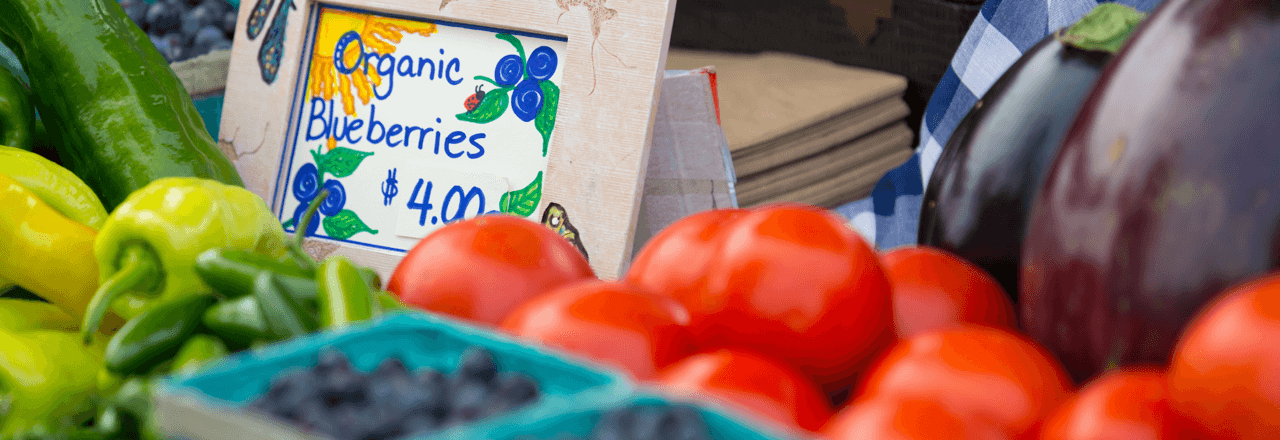Agribusiness Henderson County Executive Director Mark Williams has been named to the state Food Processing Innovation Center Advisory Committee, focusing on employment, investment and value in food processing.
The appointment, he says, may be a great opportunity to assist Henderson County’s growing food production market.
Food processing and creating value-added products is a way to increase profit margins for farmers, including grading and repackaging vegetables, manufacturing wine and cider and more, a field where Henderson County continues to grow.
The Food Processing Innovation Center, planned for the N.C. Research Campus in Kannapolis, will be a place for research and development in packaging methods, equipment and more.
Representing food manufacturers, and perhaps the only Western North Carolina resident on the 14-member council, Williams will serve through Dec. 31, 2020.
Also on the committee are state Commissioner of Agriculture Steve Troxler, state Secretary of Commerce Tony Copeland and Dean of N.C. State’s College of Agriculture and Life Science Rich Linton.
The committee is an initiative born from the N.C. Food Manufacturing Taskforce that sought to find strategies for economic development in food and agricultural products.
The committee hasn’t met yet, Williams said, but he will be providing advisement on where the focus needs to be and ways it can best benefit the state as a whole in terms of agricultural production, incorporating into that value-added products and food processing.
Through the efforts of AgHC, the county has already enjoyed many opportunities for growth, Williams wrote in an email Tuesday. In the last six years, the county has added two wineries and three cideries, seen significant expansion of two major produce companies, added storage facilities and markets for apples, berries and produce, welcomed the formation of an international greenhouse operation and a new dairy-creamery, and seen plenty of other farm and ag-related growth.
It’s estimated that with that recent growth, agribusiness now contributes about $650 million to the local economy and employs more than 7,000, he wrote, adding that “AgHC’s hope is the new Food Processing Innovation Center will provide beneficial research to our existing operations and assist in further growth and development for the industry.”
There’s a lot happening in the western part of the state, he added. Henderson County is a hub for food production in the region, a county that has grown the industry more and more through the years.
The legislature appropriated $700,000 in recurring funds through fiscal year 2018-19, and a non-recurring $4.4 million in this year’s budget, to equip the Food Processing Innovation Center. Williams said the facility provides an opportunity for local manufacturers like Bold Rock Hard Cider or Burntshirt and St. Paul wineries to utilize those facilities if they’re having difficulty in production, processing or safety.
Legislation establishing the committee also lays out goals for its members, which Williams said are particularly exciting for AgHC. One in particular the group finds important, and should benefit local farmers and agribusinesses, is the goal of “Increasing the use of North Carolina-produced ingredients, agricultural products, equipment and other products of food manufacturers located in this state.” This has been a key AgHC goal for Henderson County since the organization began operations in 2006.
“We will now have the opportunity to advance it with the support of a statewide initiative and benefit of new research facilities,” he wrote. “Having a voice on the Advisory Committee is definitely a blessing.”
Value-added products increase a farmer’s profit margins, like making cider with apples. A bushel of apples may only be worth so much, but converting that bushel to a graded and packaged product or cider are ways to increase the value of that product, Williams said.
One area where the county has seen value-added development is in the beverage industry, which is also one of the most rapidly growing in the state, Williams said. With wineries and cideries growing in Henderson County and breweries and distilleries growing across the state, there is a tremendous benefit to the agricultural community because of the products going in, he said — whether it’s apples, grapes, berries or even wheat and grain, even the by-products like spent grain or apple pomace are used.


